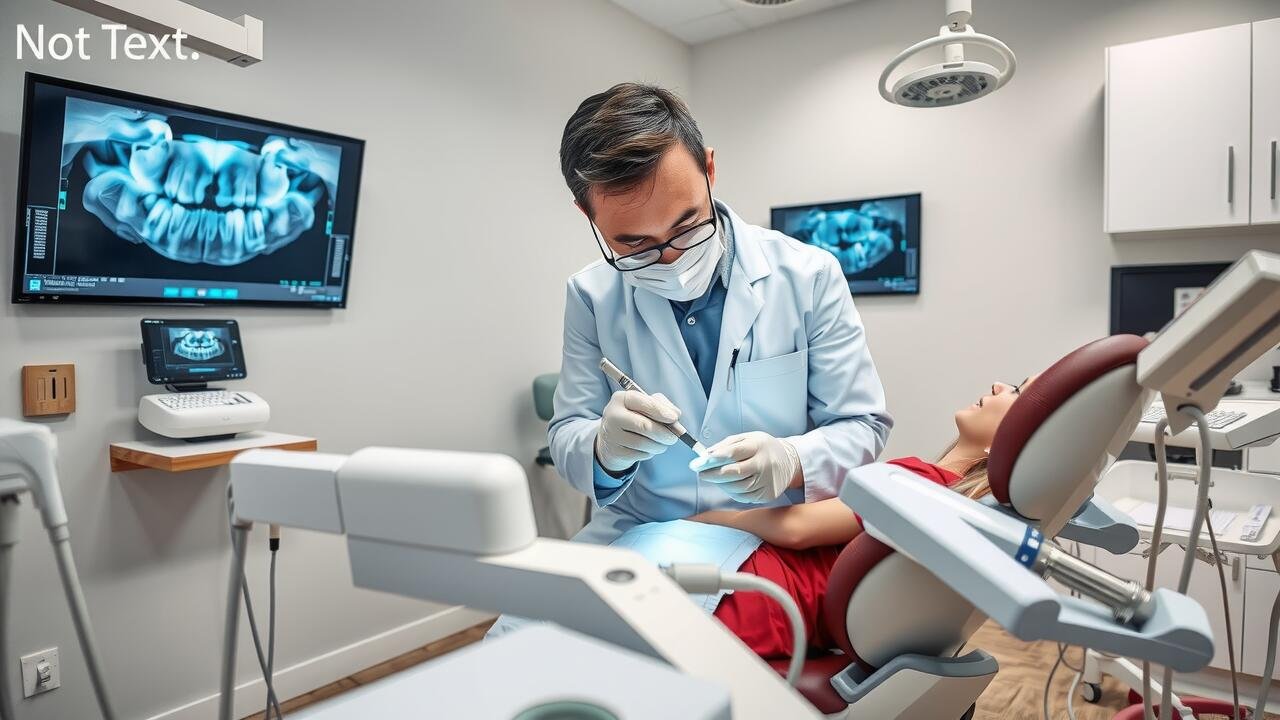
Possible Discomfort
Many individuals experience some level of discomfort following the dental implant procedure. This discomfort can stem from the surgical process, which may involve incision and manipulation of gum tissue as well as the underlying bone. In the days following the surgery, patients often report pain and tenderness in the affected area. Over-the-counter pain relief medications are commonly recommended to help manage this discomfort. Dentists in places like Dental Implants Costa Mesa, California, often provide detailed aftercare instructions to minimize any potential pain during the recovery period.
Sensitivity can also be a concern in the aftermath of receiving dental implants. The newly placed implants and surrounding gums may react to temperature changes, leading to heightened sensitivity. Some individuals may find that their bite feels different initially, which can contribute to discomfort while chewing. Conversations with dental professionals in Dental Implants Costa Mesa, California, can offer guidance on how to cope with these sensations and ensure a smoother healing process.
Pain and Sensitivity
Patients often experience some pain and sensitivity following the dental implant procedure. This discomfort can manifest immediately after surgery or may develop over a few days as the area heals. While it’s common to encounter some level of sensitivity, especially when pressure is applied, most individuals find that this symptom subsides within a few weeks. Proper aftercare and adherence to post-operative instructions provided by practitioners play a significant role in managing this discomfort.
In Newport Beach, California, professionals recommend that patients keep an eye on their pain levels. If discomfort persists or worsens beyond the typical recovery timeframe, it may be necessary to consult a dental specialist. Undue pain could indicate complications, such as issues with the implant itself or surrounding tissues. Prompt evaluation ensures that any potential problems can be addressed swiftly, promoting optimal healing and comfort during the recovery process.
Bone Integration Issues
Bone integration is a crucial aspect of the success of dental implants. The implant relies on the surrounding bone to achieve stability, a process known as osseointegration. If the bone does not adequately fuse with the implant, it can lead to complications. Factors such as insufficient bone density, infection, or improper implant placement may contribute to these issues. Patients seeking Dental Implants Anaheim, California, should understand the need for thorough planning and evaluation before the procedure to minimize these risks.
Furthermore, bone integration problems can result in implant mobility or even failure, leading to the need for additional surgeries or bone grafts. Patients may find that their initial hopes for improved oral function and aesthetics are dashed if the implant does not integrate properly. It is essential for individuals to discuss any concerns with their dental professional, as understanding the implications of bone integration can help set realistic expectations for the success of their implants.
Failure to Fuse
Failure to fuse, or the lack of proper integration with the jawbone, is a significant concern associated with dental implants. When osseointegration does not occur, the implant may become loose or fail entirely, leading to complications and the potential need for removal. Factors affecting this integration process include insufficient bone density, infection, and poor dental hygiene. A dental professional will often evaluate these aspects before recommending implants.
In areas like Dental Implants Costa Mesa, California, practitioners emphasize the importance of thorough assessments to minimize the risk of failure. Patients are encouraged to follow post-operative care instructions diligently and maintain regular check-ups. Having an experienced team can also help ensure a higher success rate in achieving proper fusion, thus enhancing the longevity of the implants.
Aesthetic Concerns
Dental implants can sometimes create aesthetic concerns, especially when the color and shape of the implant do not match the surrounding teeth. This mismatch can detract from a natural smile and may lead to dissatisfaction with the final results. Patients seeking solutions like Dental Implants Santa Ana, California, often want to achieve optimal blending with their existing teeth, which can be a challenge if the implant does not integrate well visually.
Another issue arises with the gum tissue surrounding the implant. In some cases, the gum might not heal properly or may recede, revealing the metal post or affecting the overall appearance of the smile. Those considering Dental Implants Santa Ana, California, should be aware of the importance of matching not just the implant itself but also ensuring that the surrounding soft tissue looks healthy and natural. Aesthetic outcomes rely heavily on careful planning and execution by skilled dental professionals.
Mismatched Appearance
Dental implants offer the benefit of restoring smiles, but achieving a natural appearance can be challenging. Sometimes, implants may not align perfectly with existing teeth in terms of color, shape, or size. This mismatch can become noticeable, affecting the overall aesthetics of a person’s smile. Patients seeking dental implants must consider the potential for these discrepancies when planning their treatment.
In areas like Newport Beach, California, where aesthetics play a significant role in daily life, this concern becomes even more pertinent. Dental professionals emphasize the importance of customizing implants to match the unique characteristics of a patient’s natural teeth. This careful consideration can help mitigate aesthetic issues and enhance the success of the treatment.
FAQS
What are the common downsides of dental implants?
Common downsides of dental implants include possible discomfort, bone integration issues, and aesthetic concerns, such as a mismatched appearance with natural teeth.
Is pain and sensitivity a common issue after dental implant surgery?
Yes, some patients may experience pain and sensitivity in the implant area during the healing process, although this usually subsides over time.
What happens if a dental implant fails to fuse with the bone?
If a dental implant fails to fuse with the bone, it may lead to implant failure, requiring removal and possibly additional treatments before a new implant can be placed.
Can dental implants look unnatural?
Yes, if the color or shape of the dental implant does not match the surrounding teeth, it can create an aesthetic concern, making the implant look unnatural.
How can I minimize discomfort after getting a dental implant?
To minimize discomfort after getting a dental implant, follow your dentist’s post-operative care instructions, take prescribed medications, and maintain good oral hygiene to promote healing.


